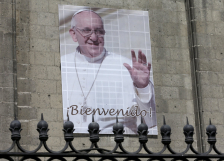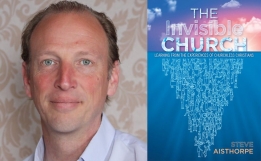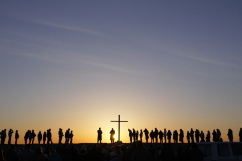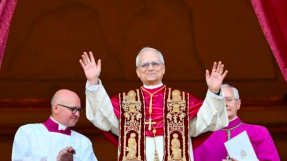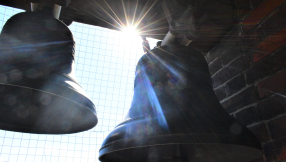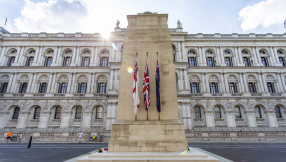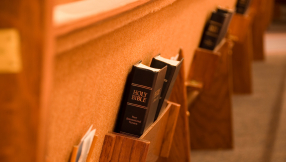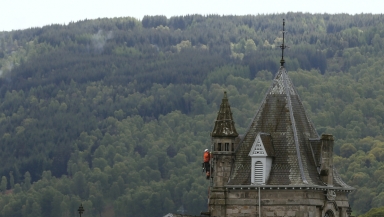
Two thirds of people in Scotland with a religious background never or practically never go to services, according to new research.
ScotCen Social Research published today shows the proportion of people in Scotland who attend religious services is at the lowest level recorded since the survey began in 1999. The proportion of people who say they are religious but do not attend services has grown over 16 years from 49 per cent in 1999 to 66 per cent in 2016.
The results also show that more than half of people in Scotland are not religious. This has grown from 40 per cent in 1999 to 52 per cent today.
Most of the decline has been in the "kirk", the national Presbyterian Church of Scotland. Numbers in Catholic and other Christian and non-Christian faith groups have remained steady.
Ian Montagu of ScotCen said: "Today's findings show that Scottish commitment to religion, both in terms of our willingness to say we belong to a religion and to attend religious services, is in decline.

"However, this change doesn't appear to be affecting all religions equally. Affiliation with the Church of Scotland is in decline while levels of identification with other religions remain relatively unchanged. As fewer Scots are acknowledging even a default religious identity, it is affiliation with the national church that is the hardest hit."
Gordon MacRae of the Humanist Society Scotland said: "It's completely unjustified that church groups continue to enjoy historic privileges in the state education system. These anachronisms should be confined to the past, and should not play any part in a 21st Century education system."
Douglas McLellan, chair of the Scottish Secular Society, said: "This above all should make our society question the role of faith within the state, education and healthcare in Scotland. However, religion should not be oppressed now it is a minority view, any more than it was right to oppress non-believers when we were the minority."










